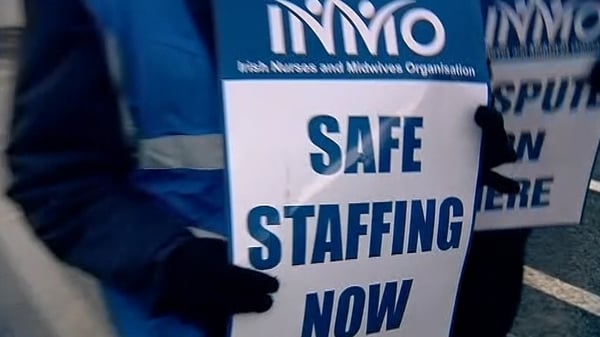The Government has announced that the entitlement to paid sick leave will increase from three to five days on 1 January 2024.
It is the second stage of a four-year plan which will see employer-paid sick leave gradually rise to ten days in 2026.
The move is designed to ensure that all employees get a minimum level of financial compensation if they are unable to work due to illness or injury.
From next year, workers will be entitled to up to five days of sick leave in a year, paid at 70% of gross earning, up to a cap of €110.
It is primarily intended to provide sick pay coverage to those employees, often in low-paid and precarious roles, who do not have access to a company sick leave scheme.
The scheme offers a floor level of protection and does not interfere with existing, more favourable, sick pay schemes.
"This gradual increase in paid sick leave gives employers time to adjust and to plan for its introduction, but also gives workers certainty about their own rights," said Minister of State for Business, Employment and Retail, Neale Richmond.
We need your consent to load this rte-player contentWe use rte-player to manage extra content that can set cookies on your device and collect data about your activity. Please review their details and accept them to load the content.Manage Preferences
"Although the Government is acutely aware that small businesses are concerned with the overall cost of doing business, the solution is not to dilute workers' rights but to provide targeted measures to support businesses."
"The Increased Cost of Business Scheme, announced in Budget 2024, will provide direct financial support to small businesses who are most impacted by increased costs," Mr Richmond said.
However, employers' organisation Ibec said the tadjustment coincides with several concurrent and substantial changes in the labour market for businesses over the coming months and into next year.
"These include the rise in the minimum wage, the introduction of auto-enrolment for pensions, the right to request remote work, new revenue reporting requirements, and enhanced protective leave entitlements related to parental, medical, and domestic violence – all of which will create significant costs for businesses," said Maeve McElwee, Executive Director of Employer Relations.
"For many Ibec members, these cumulative measures could potentially escalate their labour costs by over 25% over the next three years, in addition to regular annual wage increases driven by productivity and economic changes."
She added that the Government needs to better coordinate labour market regulation and cost factors and limit any further cost competitiveness measures which could threaten business viability and employment.






